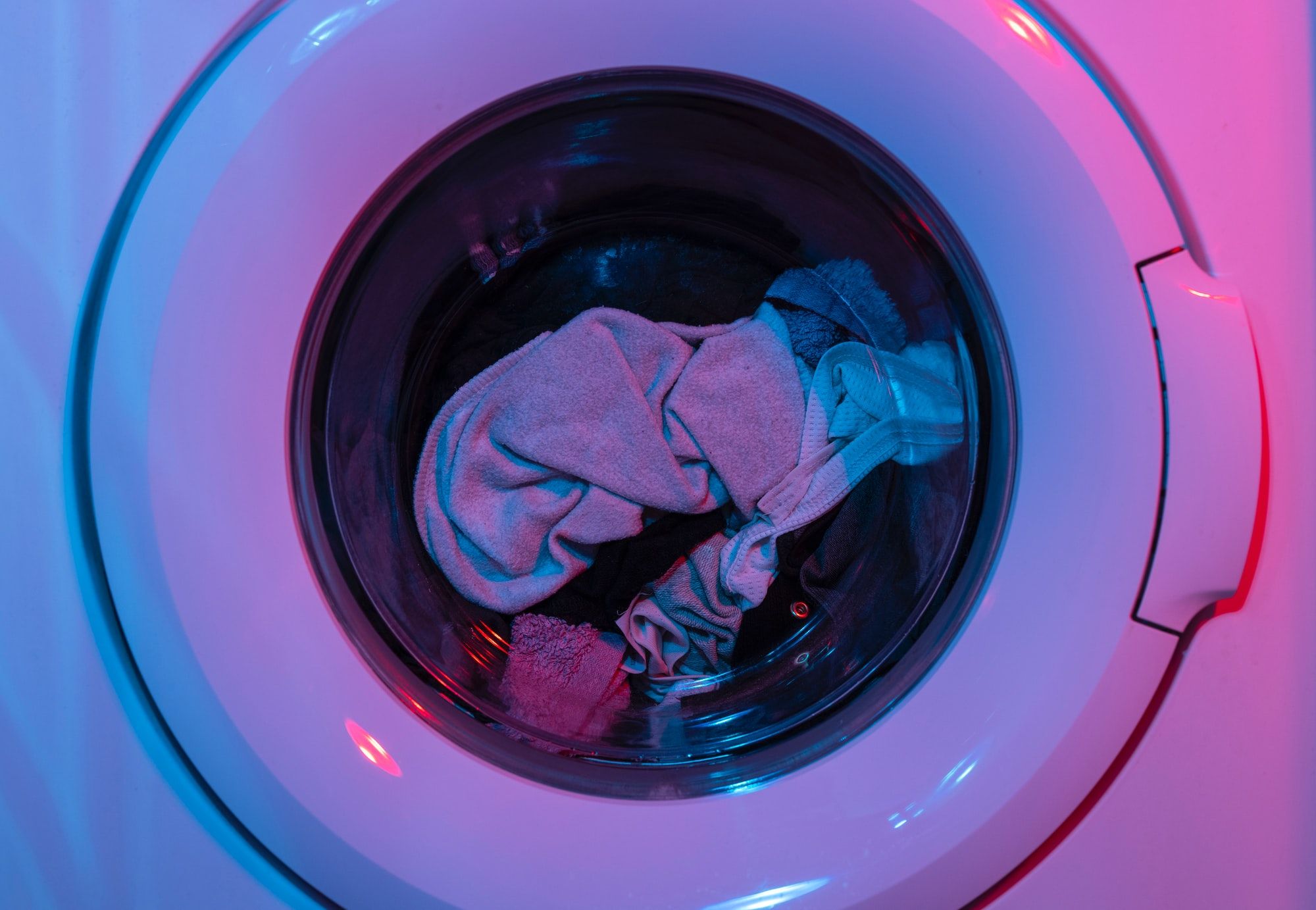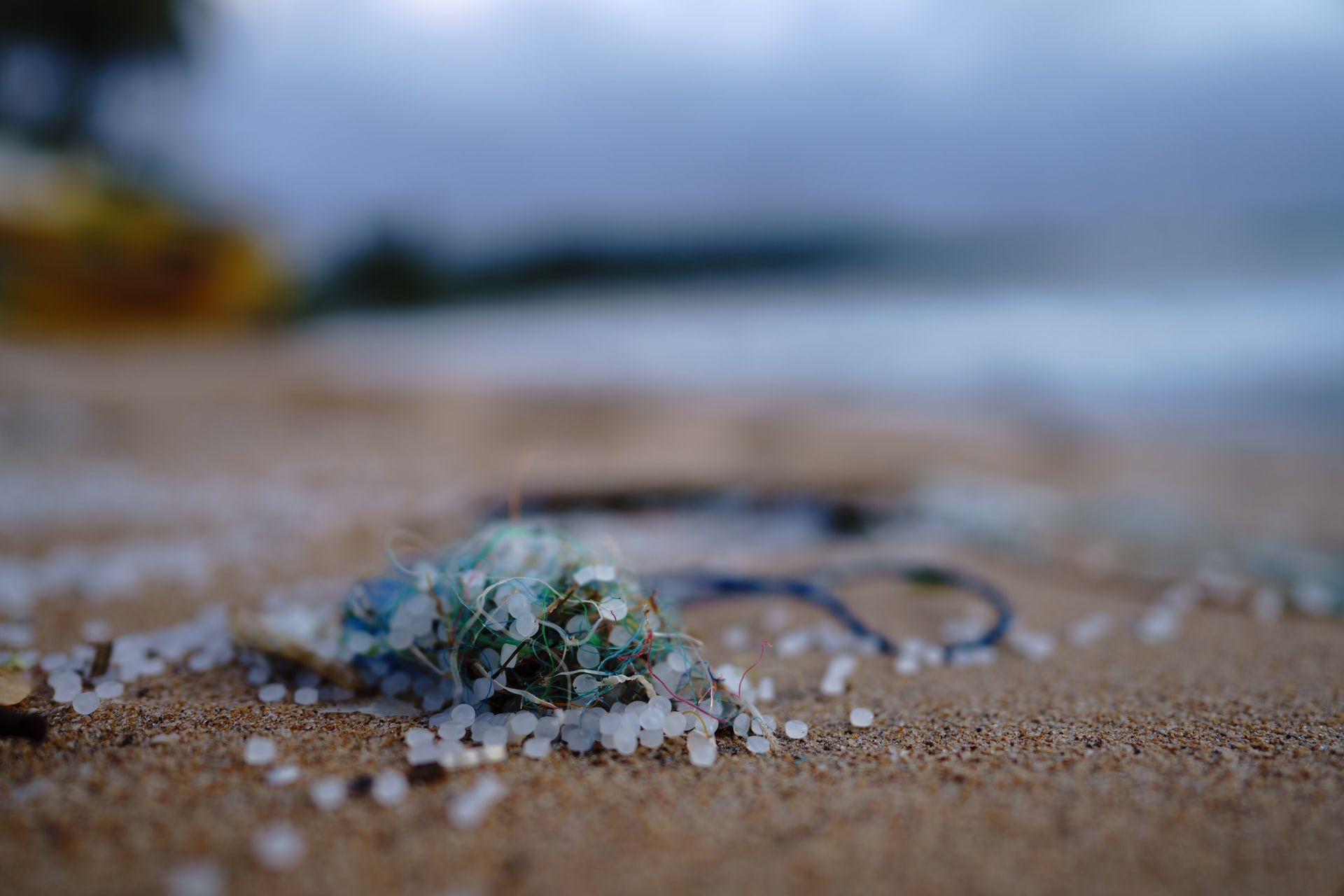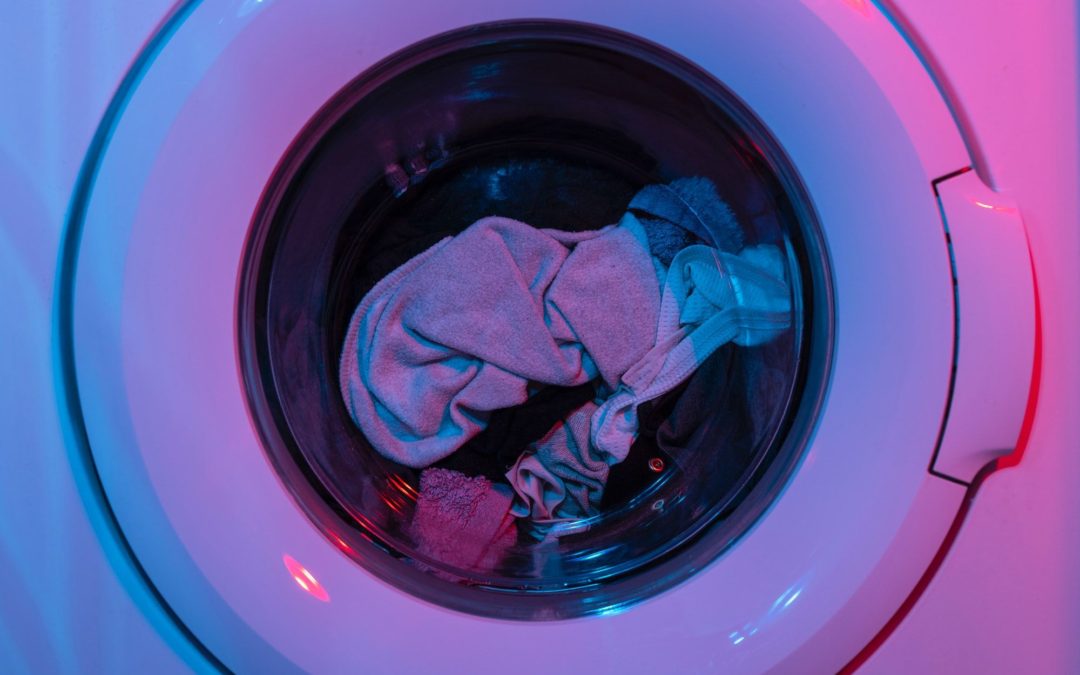
Microplastics are a massive problem damaging our marine ecosystems as well as freshwater and terrestrial environments. In 2022 the EU ban on microplastics goes into effect. A substitute for microplastics and microcapsules (often found in laundry detergent) is needed.
A Paris-based startup called Calyxia is developing a concept that could make microplastics a thing of the past.
Researchers from top universities involved
The startup recently secured 17.5 million dollars in a Series A round of funding for their innovative "coatings". The coatings can be added to various plastic products, such as electronics and sporting goods, preventing the material from shedding microplastics as it wears out.
In order to be able to create this new technology, the company’s CEO Jamie Walters partnered with scientists from Harvard and Cambridge University. The Calyxia team built an assortment of potential biodegradable materials and tested their performance and of course, biodegradability.

The Optimist Daily writes that “one area where their technology could prove useful is agriculture, where farmers use microcapsules to slowly release active compounds like pesticides, helping improve crop yield while reducing the amount of the needed active ingredient”. Most of the products used today are made out of plastic and harms the health of the soil instead.
In comparison, the new capsule biodegraded fully during tests and left only CO2 and oxygen behind. These new microcapsules also enhance performance which decreases the amount of pesticides needed, subsequently saving costs.
Making plans for the future
In addition, Calyxia’s products also qualify as an applicable and sustainable alternative in laundry detergents instead of microplastics, which typically end up in our oceans, harming aquatic ecosystems.
In 2022 the EU microplastic ban goes into effect and Calyxia plans to scale up its production before that. Having partnered with FMCG (fast-moving consumer goods) brands they will be able to upscale the production from hundreds of tons to thousands of tons.





